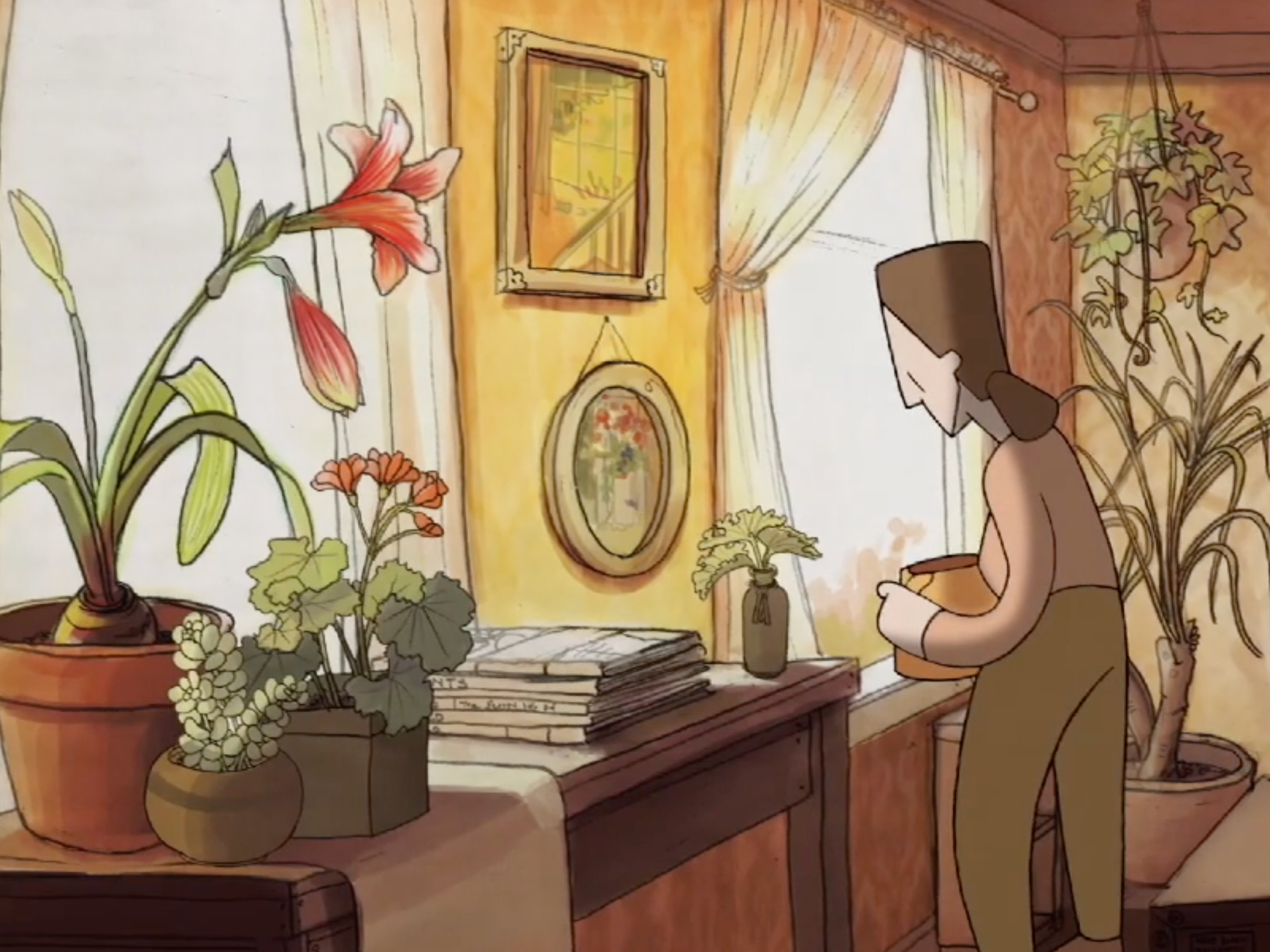Speaking of suicide, ‘way out’ or ‘die’ thoughts
Bloom is an animated story about how the power of human connection can light us up when we feel stuck in the dark. I put it here to remember what we as humans may yearn for when ‘way out’ thoughts come around. I don’t aim for this post to be an explanation of the why behind ‘way out’ or suicidal thoughts. I believe everyone’s why is unique and deserves careful exploration.
I have written this to tell you that there are spaces and places, including here at Throughline Counselling, where suicidal thoughts and depression are looked at with curiosity and care and talking about those thoughts is okay.
Walking in darkness with people is not what makes people act on their thoughts
It is the sentiment, in this resource from the Dulwich Centre called ‘Responding to suicidal thoughts’, that it is okay to speak about them and that people have ways of dealing with them, despite their immense difficulties. Of course, talking about the thoughts is different to what someone might need if they find themselves in an acute mental health crisis.
Importantly, if that happened while working with me, it would be spoken about, not just from a perspective of risk but as something to work out together. I subscribe to openness and the notion of putting words to experiences and feelings as imbued in this quote below from the document ‘When we speak of ending our lives’.
Sometimes listening to the sadness hurts your heart. When your heart is hurt and you acknowledge that you have a sad heart – and I can tell you do – don’t run away. I like it when you say you have a sad heart because it means you care.
Volunteering as a Telephone Crisis Supporter at Lifeline for a period of three years, while I was studying my undergraduate psychology degree, and later supporting people bereaved by suicide at StandBy, taught me that talking about thoughts of suicide or walking in darkness with people is not what makes people act on their thoughts. But a lack of interest and a sole focus on risk management can sometimes make people feel worse.
Talking about suicide does not cause a suicide, but fear and judgment can add a heavier coating to ‘way out’ thoughts and make us sink deeper into the quagmire. We need to talk about the hurt hearts and joy-stealing creatures that are akin to the soul sucking dementors in the Harry Potter book series and movies.
If you preface up front, ‘I am not suicidal,’ but you tell me you have dark thoughts, I might be curious to hear about your experiences with judgment, and the effect judgment has had on you?
I might ask what stories are with you that brought about your cautious attitude towards speaking freely about what weighs on you.
These words written about The Shadow Elephant — a children’s fable — describe something that is also seminal to the process of psychotherapy, namely the sitting with sadness and having a space for all our emotions.
Empathy is a tricky emotion for children and adults alike to grasp, but The Shadow Elephant manages to walk the thin blue line between sadness, understanding, and emotional connection. Sometimes, it’s okay to be sad and to show it. It’s also okay not to have a quick fix. Better, in fact, to acknowledge someone else’s feelings without judgment, which can be the very best gift of all
Socially unjust times and ‘way out’ thoughts
A final word about the pain that might cause ‘way out’ thoughts for some people.
I am talking about things like financial trouble, family violence, unbelievable loss and despair coming from poverty, marginalisation and discrimination. As a narrative therapist, I recognise the impact of social inequality on mental struggles — and the inadequate systemic approaches in our mental health system, which is something that is also up for discussion in the therapy room.
Resources:
1. If you ever feel the need to speak to someone about your thoughts, Lifeline is there to call or text 24/7.
2. Social Work Professor Stacey Freedenthal’s website Speaking of Suicide is also a resource on the topic, particularly for family members.
3. If you have ever lost someone to suicide or been touched by suicide, StandBy is a helpful organisation providing sessions to anyone in the community touched by suicide, no matter how long ago it happened.
References
Bloom: From the Marginalian website https://www.themarginalian.org/2020/02/27/bloom-depression
Responding to suicidal thoughts: From the Dulwich Centre website https://dulwichcentre.com.au/responding-to-suicidal-thoughts/
When we speak of ending our lives: From Sydney-based narrative therapist David Newman’s website https://www.dropbox.com/scl/fi/adzc21wfylsrs1p3zk72t/When-we-speak-of-ending-our-lives.pdf?rlkey=2g07mmmuc9k2x07lzh315fgto&dl=0
The Shadow Elephant: from Enchanted Lion Books https://enchantedlion.com/all-books/the-shadow-elephant

